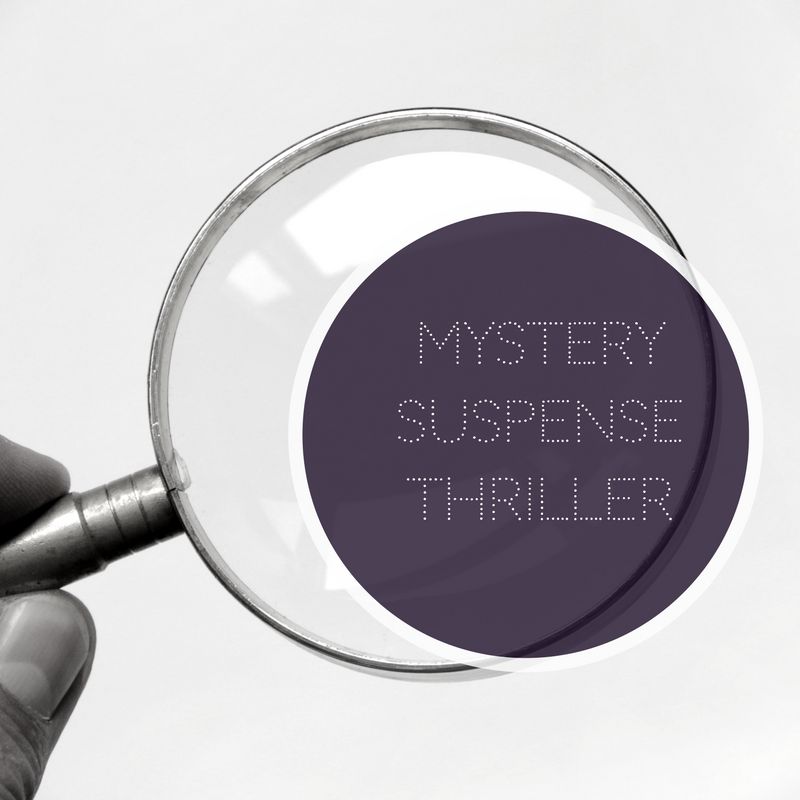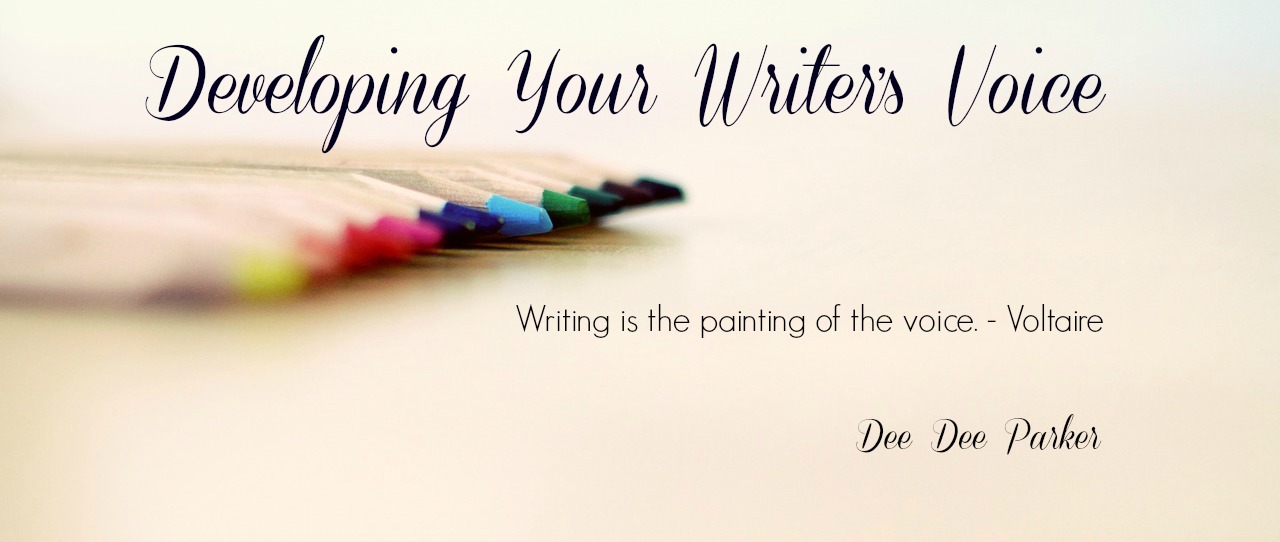
Find Your Unique Voice
One of the things I look forward to about attending a writer’s conference is meeting new writers and hearing…
July 29, 2021
One of the things I look forward to about attending a writer’s conference is meeting new writers and hearing…
July 29, 2021
Personal brand is a big factor for writers today. Do you have one? If so, what is it? And…
November 18, 2020
Voice and style can make or break an author’s novel, so how can we make it stand out from…
November 17, 2019
One of the joys (and frustrations) of the English language is how it ebbs, flows, and changes. Unlike dead…
September 14, 2019
A writer’s voice is the unique personality of the writer that comes through on the written page, defining his…
October 21, 2015
Remember the insecure days of adolescence? We changed looks, styles, and personalities as we tried to figure out this important…
September 1, 2015
What is it about a story that makes it compelling? Is it the characters? Is it the plot? Is…
August 17, 2015
Punctuation and grammar come easily to me. I remember rules from elementary school, can recite a whole list of…
August 10, 2015
“Do you have a unique voice?” It’s one question agents and editors often ask writers during one-on-one interviews at…
July 28, 2015